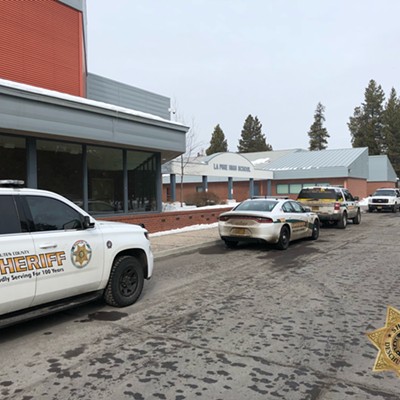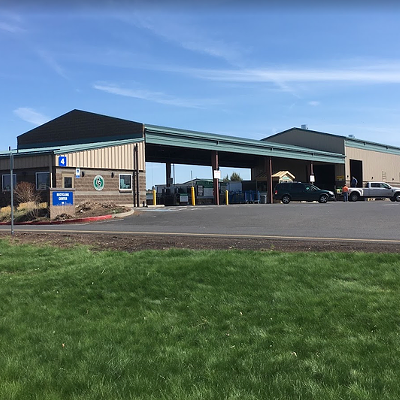There aren’t many things that The Bulletin’s editorial board and I agree on, but the Oregon Liquor Control Commission is one of them.
In an editorial this morning, The Bulletin asks why the state’s legislators don’t take a long, hard look at reforming “the archaic and contradictory system” under which the OLCC both regulates the sale of booze and is in the business of selling it.
Why indeed?
Decades ago, when I lived in Pennsylvania, I had my first experience with a completely state-operated liquor sales system – and a weird experience it was.
The sale of wine and liquor in Pennsylvania was – and still is – a state monopoly. The Pennsylvania Liquor Control Board, established (like the OLCC) in 1933 right after Prohibition ended, sells wine and spirits in its own stores throughout the state. The result was high prices and inconvenience for any Pennsylvanian who wanted to buy wine or liquor.
As I remember it, purchasing booze in Pennsylvania was an arcane rite. You’d go into the state store, where the items for sale were displayed individually on the wall like holy relics or precious gems. You’d decide what you wanted, make your desire known to a clerk, and another clerk would disappear into the dim recesses at the back of the store, from which he eventually would emerge – slowly, ceremoniously – bearing a bottle of the priceless fluid.
(Again, this was decades ago; Pennsylvania appears to have modernized the operations of its liquor stores since then.)
Given the limited selection, the high prices and the cumbersomeness of the purchasing process, it was small wonder that Pennsylvanians who could conveniently do it would hop across the Delaware River and buy their hooch in New Jersey, where liquor was sold much more cheaply in state-licensed but privately owned retail establishments.
Oregon’s way of selling liquor isn’t as absurd as Pennsylvania’s in the old days, but it’s still far too bureaucracy-laden and over-regulated. The OLCC doesn’t own and run its own liquor stores, but contracts with private individuals to operate them. Because of the limited number of stores and the OLCC’s strict regulation of prices, booze is significantly more expensive in Oregon than in neighboring California or other states where liquor retailing is left to private enterprise.
Oregon is one of only 18 states that directly regulate the sale of liquor. There’s no evidence that those states have lower rates of alcoholism, drunk driving, underage drinking or other evils than the other 32.
What would happen if Oregon decided to end the OLCC’s monopoly on the sale of booze and auction off liquor licenses to the highest bidders – subject, of course, to their ability to pass a thorough background check? The sky wouldn’t fall, Oregonians wouldn’t all turn into raging alkies, and the state might make a substantial amount of money.
Which, considering how strapped for cash the state government always is, would be something worth drinking to.


























